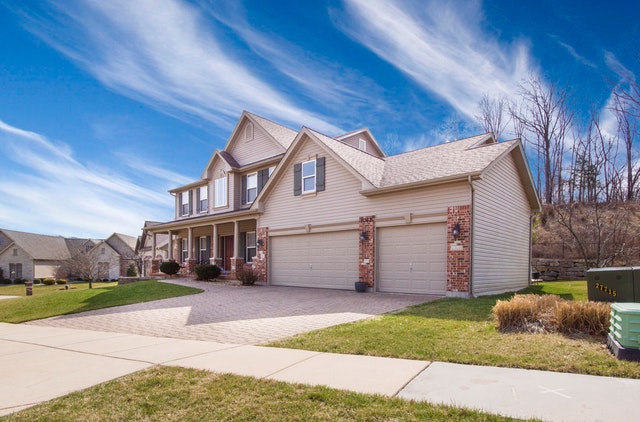Understanding the Difference Between a Mortgage Pre-qualification and a Pre-approval
 If you’re in the market for a new home and you’ve been researching mortgages, you’ve likely come across the terms “pre-qualification” and “pre-approval”. While these terms are self-explanatory in some circumstances, they are quite different in regards to mortgage financing.
If you’re in the market for a new home and you’ve been researching mortgages, you’ve likely come across the terms “pre-qualification” and “pre-approval”. While these terms are self-explanatory in some circumstances, they are quite different in regards to mortgage financing.
In today’s blog post we’ll explain the difference between a mortgage pre-qualification and a pre-approval.
Pre-qualification: an Initial Look at Your Mortgage Options
The first – and easiest – step on the way to receiving mortgage financing to buy a home is known as pre-qualification. During this process you’ll meet with a mortgage advisor or lender who will assess your financial history including your current income and any debts that you might have. Using these numbers they’ll perform a quick calculation that suggests how much mortgage financing you might qualify for when you’re ready to buy a home.
Your mortgage professional will also answer any questions that you might have about the process, including what interest rates you may qualify for, how much you’ll need to invest in your down payment and more.
Pre-approval: A Conditional Mortgage Commitment
After you’ve been pre-qualified for your mortgage and you’re ready to start looking for a new home you’ll go through the pre-approval process. At this time your mortgage advisor or lender will take a much deeper look into your current financial situation, including pulling a credit report to assess how much risk they will have in lending you money. You’ll also complete a full mortgage application as this will allow your lender to get a conditional approval for a certain amount or range. Finally you’ll be informed about the interest rate and the terms of the mortgage once you find your new home and complete the purchase.
The Final Step: Finding the Perfect Home
Now that you’ve been pre-approved and have received a conditional commitment from your lender, you’re ready to find that perfect new home. On top of having a better idea of your price range and what you can afford, you’ll find that sellers are far more receptive to your offers as having a pre-approval signals that you’re a serious buyer who is ready to make your move.
When you’re ready to buy your new house or condo, your local mortgage professional is ready to help. Contact them to learn more about pre-qualification, pre-approval and your financing options. Enjoy your new home!
 For those who are thinking about buying a house in the near future, they are probably in the process of tabulating up all of their expenses. One of the common expenses is home insurance. Even though home insurance is certainly recommended, is it actually required? There are many situations where it is required. At the same time, even when it is not required, it is still a good idea. When it comes to homeowners’ insurance, there are a few important points to keep in mind.
For those who are thinking about buying a house in the near future, they are probably in the process of tabulating up all of their expenses. One of the common expenses is home insurance. Even though home insurance is certainly recommended, is it actually required? There are many situations where it is required. At the same time, even when it is not required, it is still a good idea. When it comes to homeowners’ insurance, there are a few important points to keep in mind.  Builder confidence in housing market conditions reached a new record high in November according to the National Association of Home Builders. November’s index reading of 90 was five points higher than in October. Index readings over 50 indicate positive builder sentiment toward market conditions. Readings for the Housing Market Index fell below 50 in April and May as the COVID-19 pandemic grew.
Builder confidence in housing market conditions reached a new record high in November according to the National Association of Home Builders. November’s index reading of 90 was five points higher than in October. Index readings over 50 indicate positive builder sentiment toward market conditions. Readings for the Housing Market Index fell below 50 in April and May as the COVID-19 pandemic grew.